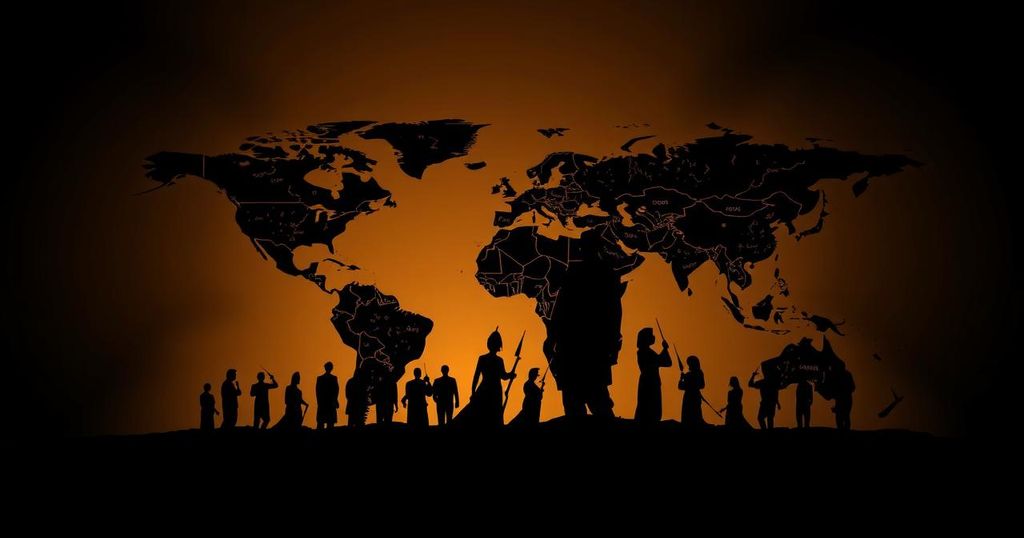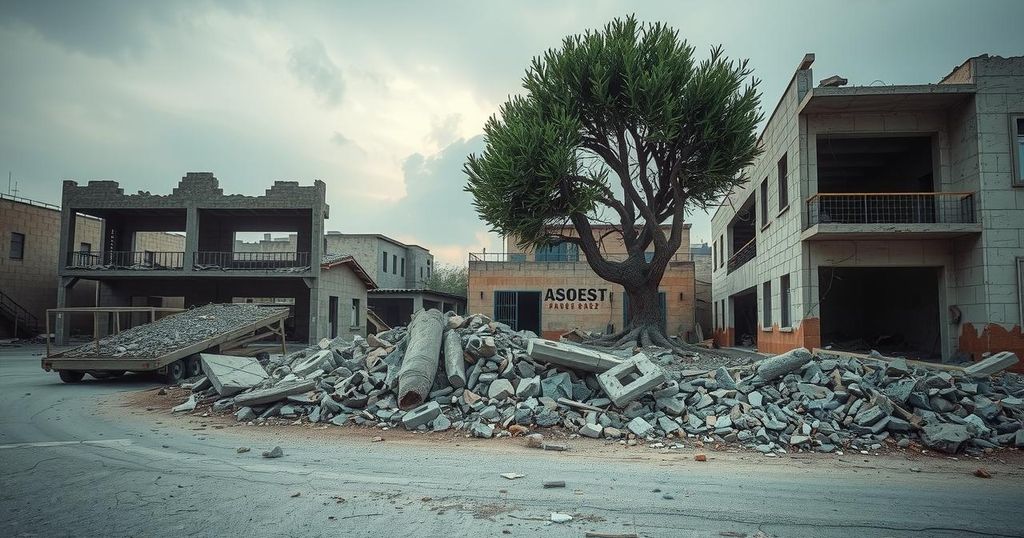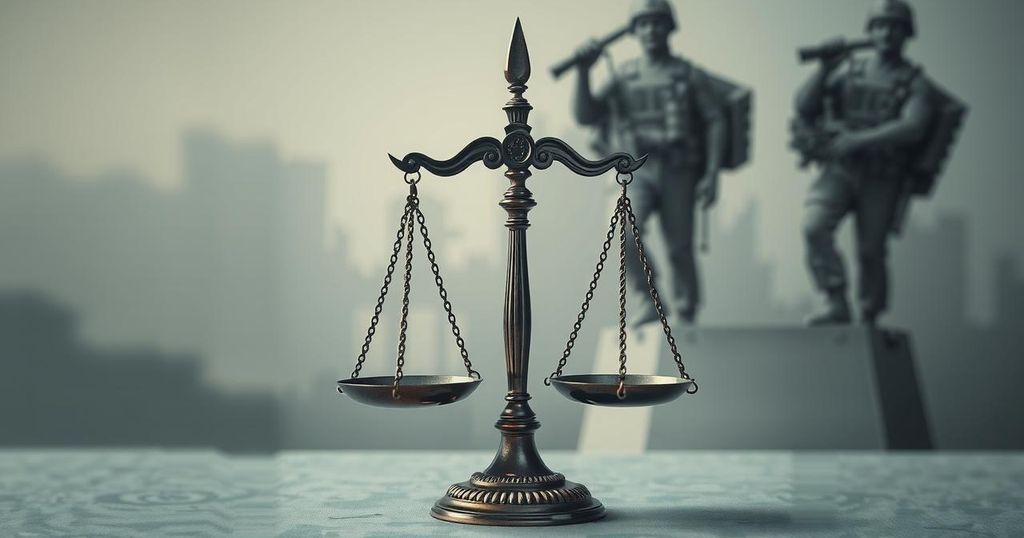The Urgent Need for a Comprehensive International Approach to Myanmar’s Conflict
The ongoing conflict in Myanmar has persisted for over three years, and there are rising concerns that the international community may be relying too heavily on the Association of Southeast Asian Nations (ASEAN) to facilitate peace. Bryony Lau, Deputy Asia Director at Human Rights Watch (HRW), articulates that ASEAN lack the requisite tools and the historical context to effectively address a crisis of such magnitude. While ASEAN’s geographical proximity to Myanmar positions it as a potential leader in this crisis, the broader international community—particularly the members of the UN Security Council—may possess more influential capabilities to instigate change.
This conflict commenced in 2021, when Myanmar’s military ousted the democratically elected government, leading to widespread civil unrest and resistance. Reports indicate that the military has since claimed over 5,500 civilian lives and imprisoned approximately 27,000 citizens engaged in pro-democracy activism (Assistance Association for Political Prisoners, Burma). As of 2023, around 1.4 million individuals have been displaced, according to the Internal Displacement Monitoring Centre.
ASEAN’s recent communication, released in July, reiterated its commitment to mitigating the crisis through the Five-Point Consensus (5PC), a framework established in collaboration with Myanmar’s military government, the State Administration Council (SAC). This consensus sought to cease violence, promote dialogue towards a peaceful resolution, and ensure humanitarian assistance. However, human rights organizations, including Amnesty International, report that the military junta has largely disregarded these commitments. The UN High Commissioner for Human Rights, Volker Türk, described the human rights situation in Myanmar as a relentless nightmare, indicative of a systematic attempt to repress and dehumanize the population.
Mark Stephens CBE, Co-Chair of the International Bar Association’s Human Rights Institute, underscores that ASEAN historically functions more as a regional trade bloc than as a political entity capable of resolving such critical crises. The organization consists of member states that vary significantly in their governance approaches, with many described as autocratic, complicating efforts to uphold the rule of law.
Erin Murphy, a senior fellow at the Center for Strategic and International Studies, notes the varied geopolitical interests of ASEAN members, suggesting that countries such as Indonesia, Malaysia, and Vietnam demonstrate differing levels of concern regarding Myanmar’s situation. Unexpectedly, Cambodia has pressured the junta to adhere to the 5PC. The effectiveness of ASEAN’s response also fluctuates based on its current chair’s political orientation. Currently, Laos—a one-party authoritarian state—holds the chair, but Malaysia, often regarded as more democratic, will assume this role in 2025, potentially altering ASEAN’s approach towards Myanmar.
While ASEAN has refrained from extending invitations to Myanmar’s military leaders for its meetings and introduced the Special Envoy of the ASEAN Chair on Myanmar position, the organization has faced criticism for its limited impact thus far. Murphy cautions that an ongoing lack of international pressure might lead ASEAN to accept a cosmetic electoral process recognizing the SAC as a means to progress. There is a consensus among observers that the international community must intensify its engagement in addressing Myanmar’s crisis.
In this context, Murphy advocates for a creative approach, recommending that larger regional powers like India collaborate more actively with entities such as the UN, which has made some overtures towards addressing the violence and political repression in Myanmar. Although there has been a UN Security Council resolution demanding an end to violence and the release of political prisoners, more assertive measures are called for. Reports indicate that foreign banks continue to facilitate the junta’s procurement of weapons and related materials, highlighting the complexities of the situation.
Moreover, Julia Bishop has commenced her role as the UN Secretary-General’s Special Envoy on Myanmar after a prolonged vacancy, which underscores the urgency of the situation. Meanwhile, resistance movements within Myanmar appear to be gaining ground, suggesting that the military’s control may weaken over time.
In conclusion, Bryony Lau of HRW emphasizes the necessity for the international community to recognize ASEAN’s unique role in addressing the crisis while concurrently understanding that the organization cannot single-handedly resolve the conflict. A multifaceted approach, involving regional and global powers alike, will be essential to foster peace and humanitarian support in Myanmar.








Post Comment